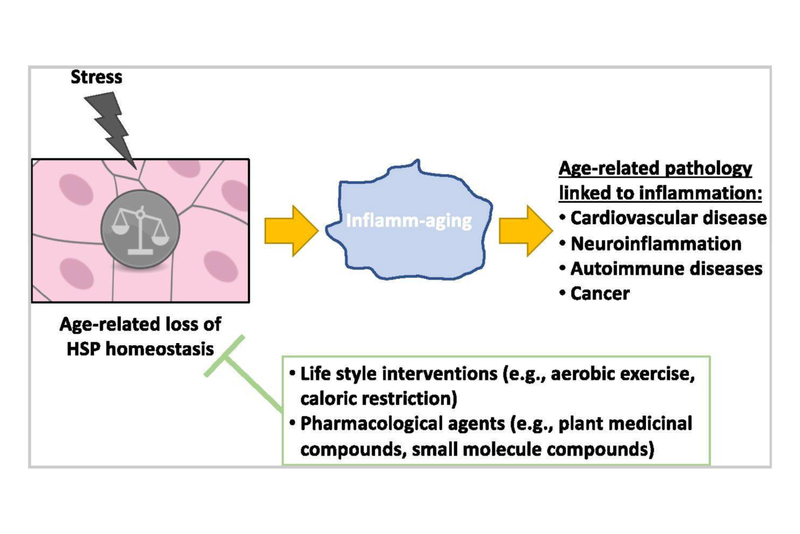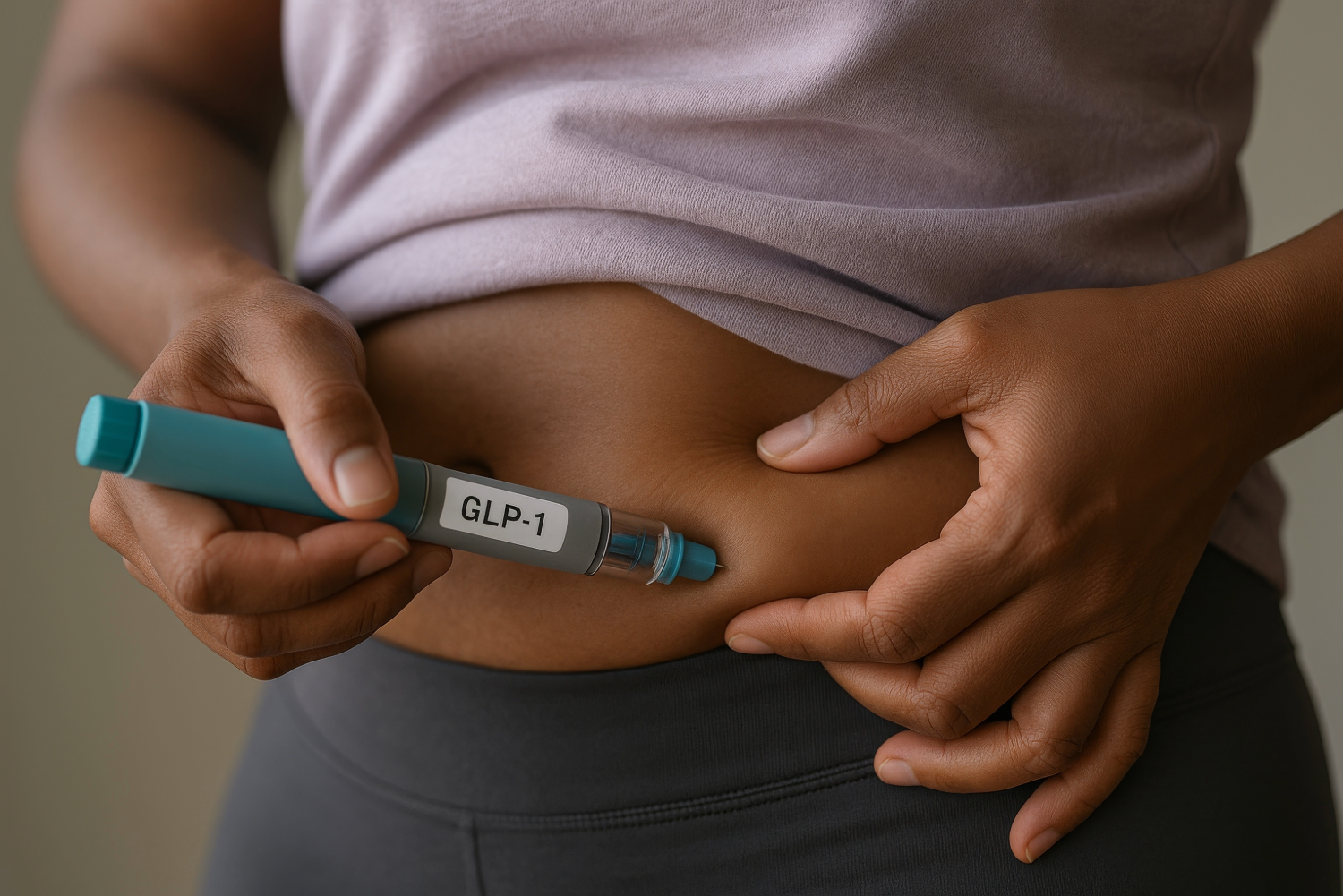Healthspan & Wellness
Give Aging a Little Shock with Heat Shock Proteins

In addition to NAD+ and cellular senescence, heat shock proteins (HSPs) are emerging as a key area of interest for scientists who study the biological mechanisms of aging and longevity. These remarkable cellular protectors have been linked to enhanced stress resistance, improved cellular function, and ultimately, increased lifespan by altering the progression of chronic conditions such as cardiovascular disease, cancer, and autoimmunity.
Heat shock proteins are a group of molecular chaperones that play a crucial role in maintaining cellular homeostasis. They are called "heat shock" proteins because their expression is induced in response to stressors like heat, toxins, infections, and other environmental challenges. However, their significance extends far beyond merely responding to thermal stress.
Key Roles of Heat Shock Proteins
- Protein Folding and Stability: HSPs assist in the proper folding of proteins, preventing misfolding and aggregation. This ensures that cellular proteins maintain their structural integrity and function optimally.
- Cellular Stress Response: HSPs are activated in response to various stressors, helping cells cope with adverse conditions. This stress response is vital for cellular survival and resilience.
- Anti-Aging Effects: Research suggests that the upregulation of heat shock proteins may contribute to delaying the aging process by preserving cellular function and reducing the accumulation of damaged proteins.
Similar to increasing NAD+ and reducing senescent cells, activating HSPs involves strategies such as exercise and caloric restriction. Furthermore, heat exposure and certain nutrients can boost your HSPs, as detailed below.
- Exercise: Regular physical activity, including aerobic exercise, high-intensity interval training (HIIT), and resistance training, has been shown to stimulate the production of HSPs. Exercise induces a controlled cellular stress, prompting the body to upregulate protective mechanisms, including heat shock proteins.
- Caloric Restriction: Studies have suggested that caloric restriction may enhance the expression of HSPs. Adopting a balanced and nutrient-dense diet while limiting calorie intake might positively impact longevity through the activation of these protective proteins.
- Sauna and Heat Therapy: Exposure to heat, such as through saunas or hot baths, triggers the heat shock response. This gentle stressor can stimulate the production of HSPs, promoting cellular health and resilience.
- Polyphenol-Rich Foods: Certain compounds found in fruits, vegetables, and teas, such as resveratrol and quercetin, have been associated with increased HSP expression. Including a variety of colorful, plant-based foods in your diet may contribute to promoting heat shock protein production.
Image courtesy of the National Library of Medicine.
More News
-
New!
More

The Heart of It All: How Cardiovascular Health Shapes Longevity
Most of us know a healthy heart will increase our chances for a long and vital life, but how many of us truly understand how to live for a healthy heart? According to the American Heart Association, heart disease remains the number one cause of death, for both men and women, in the United States.
-
New!
More

GLP-1s and Your Health Journey: What You Need to Know
Interest in GLP-1 agonist medications, once used almost exclusively for diabetes, is soaring. Now widely referred to as weight loss injections, drugs like semaglutide (Ozempic, Wegovy) and tirzepatide (Mounjaro, Zepbound) are ubiquitous in celebrity chatter, social media and everyday patient conversations. But as demand grows, it’s increasingly important to separate hype from reality. Who qualifies for these drugs under FDA guidelines? When are they helpful? And when might carefully supported lifestyle changes offer a safer or more sustainable path?
-
New!
More

Back on the Slopes: How to Recover Physically and Mentally After a Ski or Snowboard Injury
Living in a ski town, injury is inevitable. Recovery isn’t just about regaining strength, it’s about building trust in your body. The best path back to skiing blends physical training with mental conditioning, patience with persistence. With the expert teams at Vail Health - from Howard Head Sports Medicine to Vail Health Behavioral Health - recovery is more than healing; it’s coming back stronger, smarter and more confident than before.





